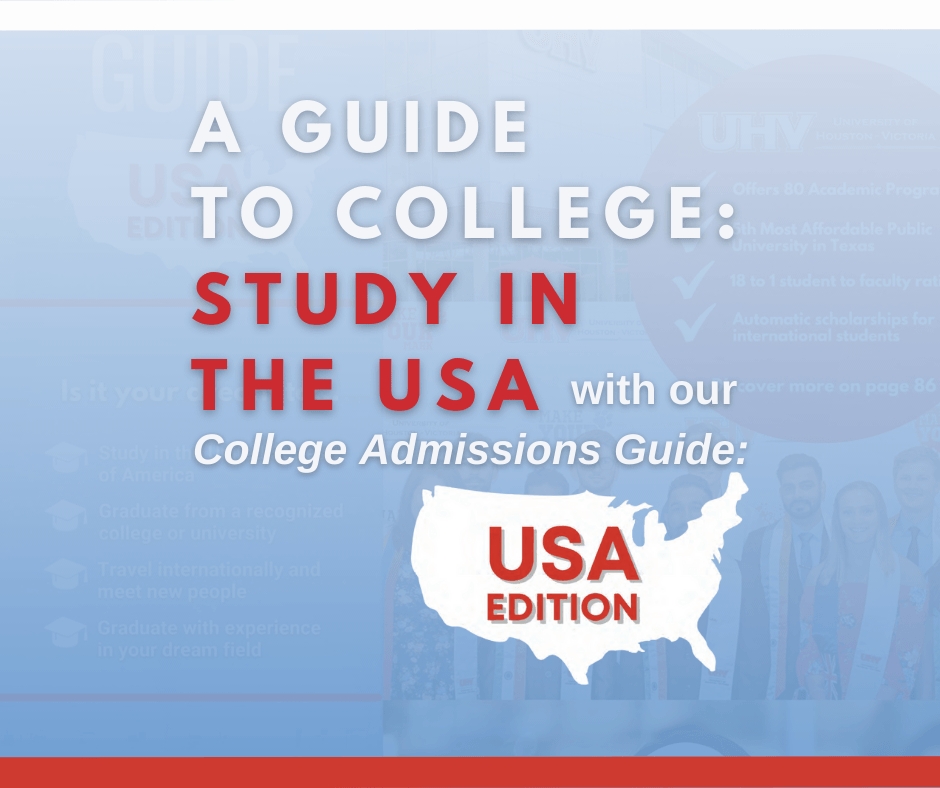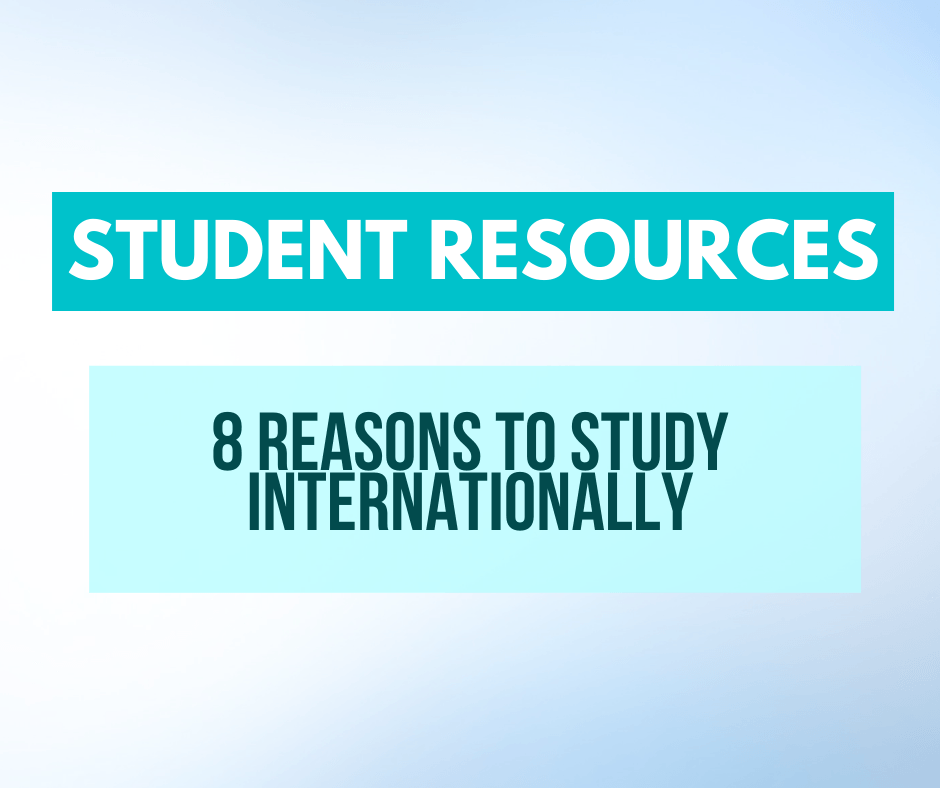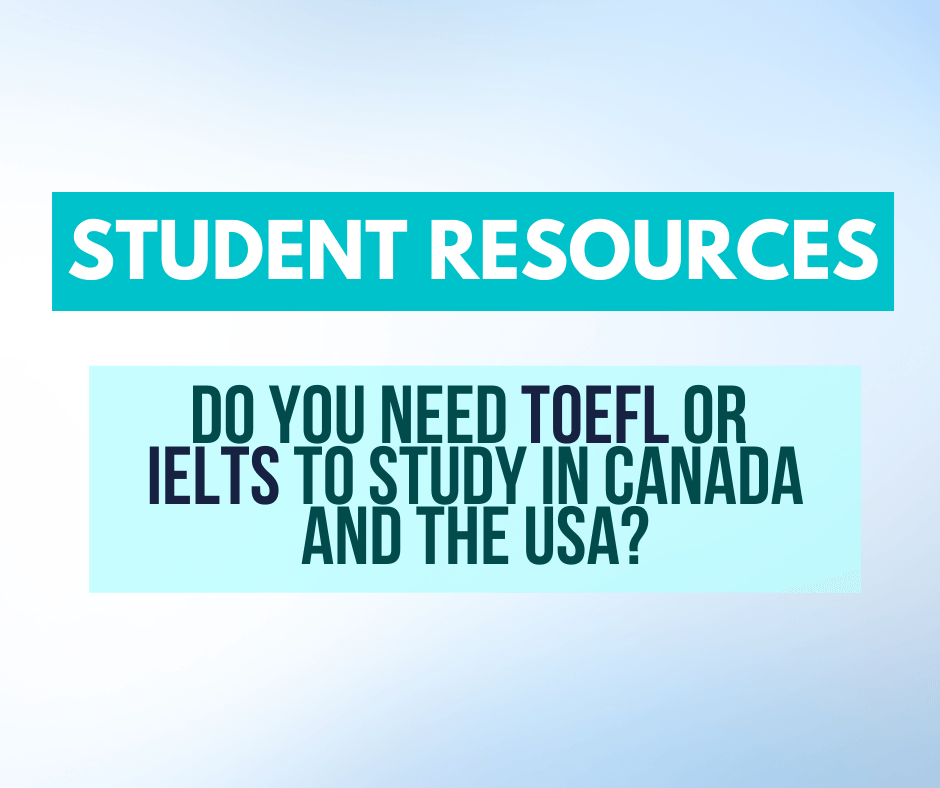Canadian Students: An Opportunity for International University Recruiters
The Hidden Opportunity: Canadians Are International Travelers, But Not Yet International Students
International travel is undeniably popular in Canada. Statistics Canada ( Travel between Canada and other countries – Seasonally adjusted ) reports over 4 million Canadians taking trips to the United States and other countries, between March 2018 and March 2019. The United States receives the lion’s share of these trips, a majority of over 3 million trips, which can be easily explained by car trips being much cheaper and far less time-consuming than air travel. Canadian trips to other countries still consistently come in at well over a million for the past year. Interest in international travel, on the whole, is here.
Yet, on the other hand, Canadian students seem uneager to study abroad. The Canadian Bureau for International Education ( Canada’s Performance and Potential in International Education, 2015 ) presents very low numbers. In the 2014-2015 academic year, only 3% of Canadian students studied abroad for their entire university degree, and 1% did it for a college degree. The numbers for Canadians studying abroad at any point during their degree are better at 11% in 2017 (Study Group on Global Education, November 2017 Report ), but in comparison to other major countries at the time, the numbers remain low – 33% for France, 29% for Germany, 19% for Australia, and 16% for the United States.
Low numbers of any kind can be discouraging, but to the watchful university recruiter, an opportunity in disguise is found here. In the same CBIE report on outbound Canadian students, a staggering 7 out of 10 reported that their study abroad influenced their career choice, and a whopping 2 out of 3 said that it influenced their academic path. If that wasn’t enough 92% report learning more about their host country, 90% report a greater cultural awareness and understanding after their study, 87% report a greater openness to difference, 83% report a greater knowledge of world events, 82% report greater self-confidence, and 80% report a greater awareness of one’s own identity.
A clear conclusion can be found here: those Canadians who study abroad are gaining a great deal from their choice, which means Canadians who have not chosen to do so are missing out. More specifically, it is likely they are not even aware of these benefits. For Canadian students who have gone, what they gain is more than the costs it took to get there. All new students need is to be shown that.
Multiculturalism: Universities Want It, Canadian Youth Have A Lot of It!
Let’s demonstrate, with data, something you’ve probably already guessed: multiculturalism has benefits that universities around the world recognize and demand.
In the United States, the Association of American Colleges and Universities ( National Survey, 2000 ) demonstrated that educational institutions with diversity requirements doubled from 1992. Many European universities have taken the UN’s Sustainable Development Goals very seriously, including the portions about cultural inclusion as explicit policy frameworks in their strategies. Even Canadian universities place value in their students heading abroad for their studies. The University of Toronto increased bursaries by a whopping $2 million dollars, for the 2018-2019 academic year, available for graduates pursuing international study. From 2009 to 2019, Western University (in London, Ontario) increased the students they had pursuing international study from under 3% to over 7%.
Meanwhile, today’s Canadian youth offer a great deal of multiculturalism!
Statistics Canada ( A Portrait of Canadian Youth: March 2019 Updates ) has a lot to report on the subject. From 1996 to 2016, Canadian minorities in the 15-30 year old range increased, from 13% to 27% of Canadians who are in that age range. Three major metropolitan areas reported even higher minority populations in 2016, for the same age group – 56% for Toronto, 55% for Vancouver, and 35% for Calgary (with a very close runner up of 26% in Montreal). Over the same period of time, the number of 15-30 year old Black Canadians rose from 2.5% to 5.4%. In addition, over the same period and in the same age group, First Nations people grew by 41%, Metis grew by 39%, and Inuit grew by 24%. First-generation and second-generation immigrants combined made up a colossal 41% of that age group. And when it comes to actually having multicultural social groups, results in 2019 from the same study reported that nearly 74% of people (in this age group) had friends of a different ethnic group than themselves.
The data is rock-solid: University recruiters want multicultural students, and Canadian students are highly multicultural. Seems like a perfect match!
Employers think so, too. Universities Canada (2014 Employer Survey, done by Leger Marketing for the Association of Universities and Colleges of Canada) reports that over 82% of Canadian employers, hiring recruits with international experience, think resumes with such experience are more competitive. Even interprovincial experience is important, to roughly 60% of those 82% of employers. 72% of those who hire based on international experience think these employees perform better than employees without such experience. Nearly 67% state that they value the skills students obtain with this experience.
For the international university recruiter, this is a dream come true, because in addition to the vastly beneficial experience you offer to Canadians who study abroad, you can also offer a greater promise of job security when they return home. You can directly reach all students: from those who care about traveling and finding themselves, to those who just want to get a job when their degree is over.
Canadian Students and Financial Issues: How International University Recruiters Can Help
By far, the greatest reason Canadian students choose to avoid study abroad is the cost. As established earlier, Canadians are generally voracious travelers. However, cost of living is a significant issue.
According to Statistics Canada ( Census in Brief: Young adults living with their parents in Canada in 2016 ), 34.7% of 20-34 year olds lived with at least one parent in 2016. From 2001 to 2016, this is a consistent trend: starting at 30.6% in 2001, it rose to 33.1% in 2006, rose a bit more to 33.3% by 2011, and finally rose to 34.7% by 2016. We can see that this is the case with other countries as well –it was 34.1% in the United States in 2016, 30% in Australia in 2011, and 48% in the European Union in 2012 (though the age group was slightly smaller there, at 18-29 years old). This is a clear problem with one conclusion: if students cannot afford to move out, why would they be able to afford international study, which would be its own costly living situation?
The best way to help out is to reach out. Scholarships and bursaries are nice to offer to prospective Canadian students, of course, but that possibility will depend on the university in question. What can be done by virtually all international recruiters is to participate in events, designed to inform Canadians on the educational possibilities they can have abroad. They won’t know that the possibilities are worth the cost if no one tells them so. Furthermore, a great number of Canadians are eligible for various bursaries and scholarships, and they don’t know or take advantage of it. This is a great subject to inform on.
International university recruiters, this is your chance to market your programs to Canadian students! Worldwide College Tours is expanding tours in Canada, and this is your chance to participate in a high school event!
On Canadians, and Their Degrees: A Basic Guide for International University Recruiters
Here’s some basic information on what the Canadians you may soon be recruiting want to study.
The following data comes from Statistics Canada ( A Portrait of Canadian Youth: March 2019 Updates ). It illustrates the major fields of study for the 2016-2017 academic year. Majors are listed from top to bottom, in descending order of commonality for the group in question.
This data might be primarily useful for planning your trips to high school events. Different universities will have different requirements for different programs and majors, after all.
International university recruiters, this is your chance to market your programs to Canadian students! Worldwide College Tours is expanding tours in Canada, and this is your chance to participate in a high school event!







